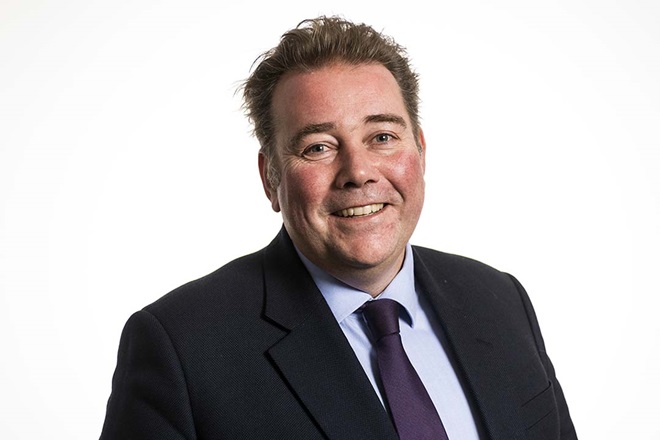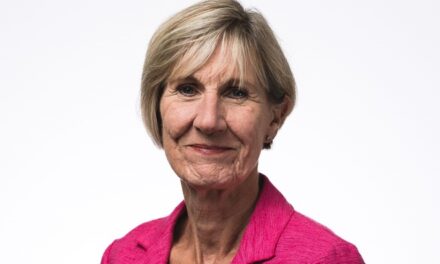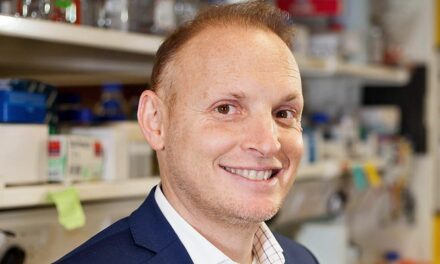Charlie Massey told delegates at the GMC conference that “we shouldn’t be overwhelmed by the challenges, instead we must focus our minds on the role we must all play in providing solutions.
He told delegates:
“Our The state of medical education and practice in the UK report last year revealed significant deteriorations in wellbeing, burnout and intensity of workload among doctors. As a result, more doctors plan to leave the profession – last year 23% of doctors told us that they have been considering leaving, and the number of doctors taking hard steps to leave has more than doubled since 2019, from 3% to 7%. And that’s not including those who are stepping down due to retirement.
“Those figures are sobering. But we shouldn’t be overwhelmed by the challenges in front of us, and we must focus our minds on the role we must all play in providing solutions.”
He continued:
“So what we really need to focus on to get through the next few years is to retain and value the people we already have.”
What he said this would look like in practice includes the GMC:
- need to get better at looking after doctors and their wellbeing.
- need to get better at demonstrating how we value doctors and other healthcare professionals.
- need to make sure that working environments are the best they can be.
- need to ensure that the culture within those workplaces is supportive, inclusive and kind.
“regulation should be an engine for improvement”
Mr Massey said:
“I am absolutely clear in my mind that regulation should be an engine for improvement. That means that we cannot limit our role to making judgements after something has gone wrong – we must also share responsibility for preventing problems from occurring in the first place. So we must challenge ourselves and others to use our data, insight and regulatory levers to improve what we do and how we do it, and become better at anticipating and intervening before problems occur.
“We also have a big opportunity ahead of us through forthcoming regulatory reform. Once the legislation is enacted, we will be able to make changes to our rules to make our processes faster, more focused, and less adversarial. That will benefit patients, but should also make our regulatory processes less stressful for doctors and other people involved. It will allow us to simplify the way in which doctors can have their skills recognised.
“That legislative change will also bring physician associates and anaesthesia associates under our regulatory umbrella. That won’t just be a huge milestone for the GMC, but also gives us a fantastic opportunity to think about how this group of healthcare professionals can be grown and deployed to play a part in addressing the workforce challenges I described earlier.”







Recent Comments